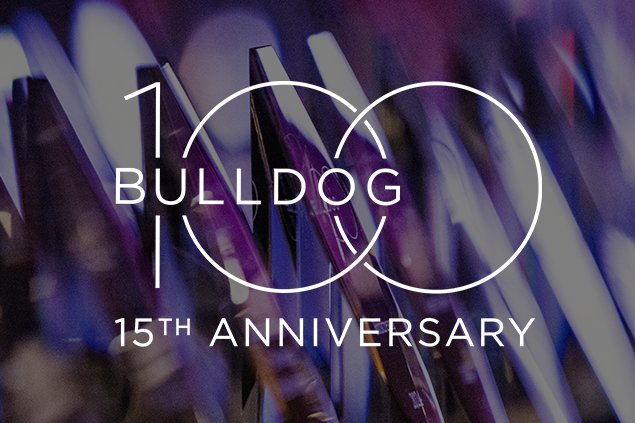By Cat Holmes
University of Georgia
“The issue of animal welfare has been around since the 1960s but until recently the U.S. meat and poultry industries were fairly unaware of it,” said Webster, a poultry scientist with the UGA College of Agricultural and Environmental Sciences.
Public pressure in Britain and Canada came to bear on the industry sooner than in the United States, he said, and “except for oddballs like me, few scientists here paid attention to this issue until recently.”
The big change, Webster said, is public awareness.
“Animal rights and welfare activists have captured the public’s attention,” he said.
Although they’ve sometimes used smear campaigns, gross exaggerations or even untruths to do so, Webster said the idea that agricultural animals shouldn’t suffer unnecessarily has been commonly accepted.
It’s all about who makes the most noise.
“The louder groups get more attention and effect change,” Webster said.
When animal welfare activists turn their attention to McDonald’s, Burger King or Wendy’s, these companies have to convince the public that they are responsible corporate citizens. Even, Webster pointed out, if they aren’t directly responsible.
After all, fast food restaurants don’t produce chickens.
“They are just purchasers of product,” he said. “They didn’t want to think about these issues particularly but they were forced to think about them.”
Many fast food chains, including McDonald’s and Wendy’s, have formed their own animal welfare advisory boards. Webster has worked with both Wendy’s and KFC, both in an advisory capacity and by performing audits on poultry companies when requested. Other chain restaurant companies are doing audits as well, he said.
“They don’t need public image problems,” said Webster.
In 2000, when McDonald’s Corporation began to require that their poultry suppliers use larger cages and phase out beak trimming, it used the issue to boost its image as a responsible corporate citizen.
The issue now facing the poultry industry is to determine a national standard.
“Since there is a huge array of companies that sell poultry products in the United States, the work now is to standardize the standards,” Webster said.
Many suppliers and purchasers in the poultry industry have recognized the need for unified animal welfare standards and are working together to develop industry criteria.
“This has produced a voluntary movement, unique to the U.S. in that it’s almost purely market driven,” Webster said.
The United Egg Producers is currently at the forefront of the poultry industry, said Webster.
“Last year [UEP] offered a certification program with audits and time lines that producers could follow,” he said. “The National Chicken Council (NCC) is developing a similar program.”
On the purchaser side of the fence, the National Council of Chain Restaurants and the Food Marketing Institute have developed the Animal Welfare Audit Program (AWAP). Audits are currently available for non-poultry slaughter (cattle, swine, lamb, etc.); chicken slaughter; egg production; chicken production and dairy production. Turkey slaughter and production, hog production, and feedlot audits are under development.
For Webster, addressing the issue of animal welfare is the latest phase of the evolution of an industry.
“The way we handle food animals has changed dramatically since World War II,” he said. “Essentially, federal and state governments and the electorate have strongly encouraged productivity. It’s been a society-wide effort and industry has responded and succeeded. Working animal welfare reform into that system is the new goal.”
Cat Holmes is a news editor with the University of Georgia College of Agricultural and Environmental Sciences.






